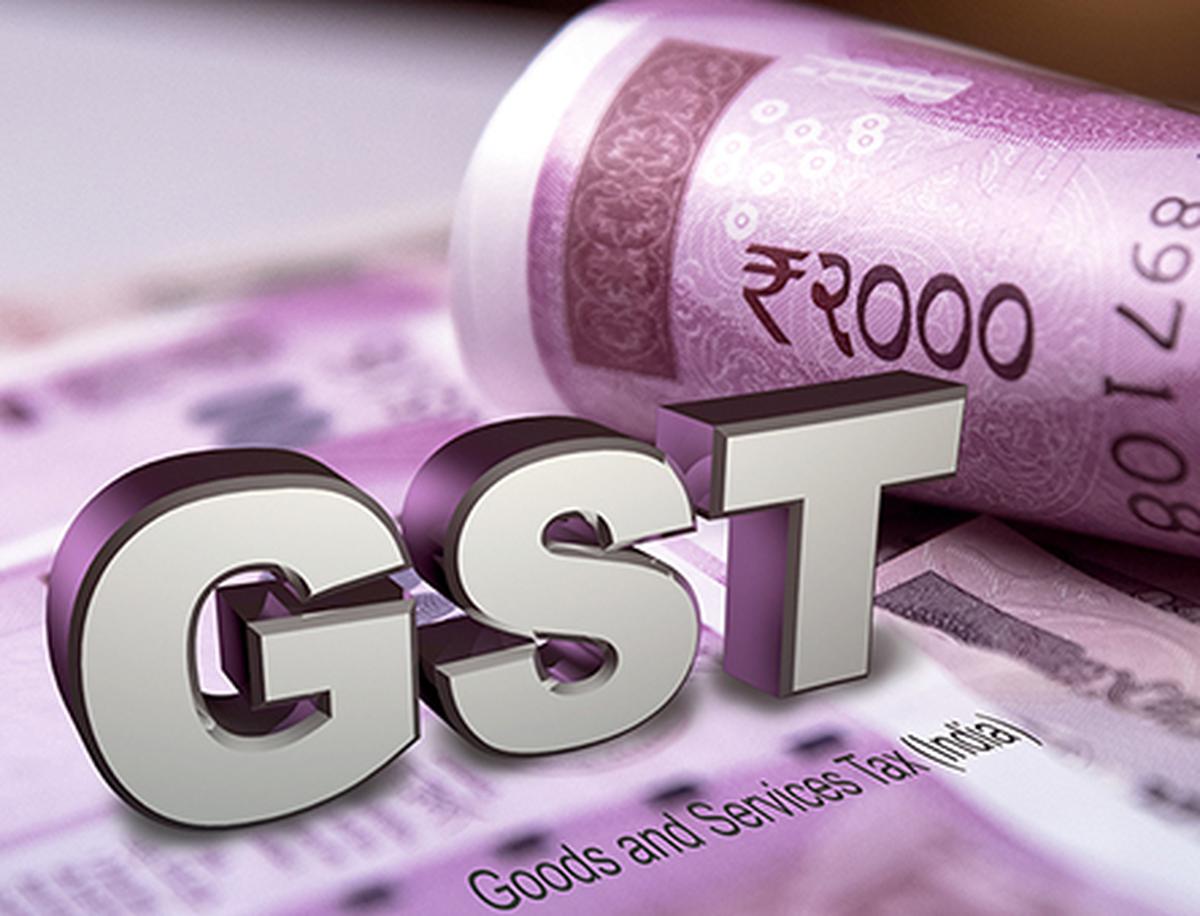Renting a Vehicle Under GST can be a convenient and cost-effective way to travel, especially for those who do not own a vehicle themselves.
However, there are several considerations to keep in mind when renting a vehicle, particularly when it comes to taxation. In this guide, we will explore the GST implications of renting a vehicle, including what GST is, how it applies to vehicle rental, and what both vehicle owners and renters need to know.
Renting a Vehicle Under GST but, What is GST?
GST, or the Goods and Services Tax, is a tax that is levied on the supply of goods and services in India. It is a comprehensive, multi-stage, destination-based tax that is collected at every stage of the supply chain. GST has replaced multiple indirect taxes such as excise duty, service tax, and value-added tax (VAT) and aims to create a simplified, unified taxation system across the country.
GST and Vehicle Rental
Renting a vehicle under GST, GST is applicable on the rental charges that are paid by the renter to the vehicle owner. The rental charges are considered a supply of services by the vehicle owner, and GST is levied on this supply. The rate of GST that is applicable depends on the type of vehicle that is being rented, as well as the duration of the rental.
Types of Vehicles and GST Rates
Different types of vehicles attract different rates of GST. The rates are as follows:
- Cars – 28% GST
- Two-wheelers – 5% GST
- Buses and Coaches – 28% GST
- Trucks and Commercial Vehicles – 28% GST
It is important to note that these rates apply to the rental charges only and not to any other charges that may be applicable, such as insurance, maintenance, or fuel charges.
Duration of Rental and GST Rates
The duration of the rental also affects the rate of GST that is applicable. The rates are as follows:
- Rental for up to one month – 18% GST
- Rental for more than one month but less than two years – 12% GST
- Rental for two years or more – 5% GST
It is important to note that the duration of the rental is calculated from the date on which the vehicle is first rented out, not from the date of each subsequent rental.
GST Implications for Vehicle Owners
As a vehicle owner, it is your responsibility to collect and remit GST on the rental charges that you receive from the renter. You will need to register for GST if your annual turnover exceeds the threshold limit of Rs. 20 lakhs (Rs. 10 lakhs for businesses in special category states).
Once you have registered for GST, you will need to issue a tax invoice to the renter for the rental charges that you receive. The tax invoice should contain details such as the rental charges, the GST rate, the amount of GST, and the total amount payable. You will also need to file regular GST returns and remit the GST that you have collected to the government.
It is important to ensure that you are charging the correct rate of GST based on the type of vehicle that is being rented and the duration of the rental. Failing to charge the correct rate of GST can result in penalties and interest charges.
GST Implications for Renters
As a renter, it is important to understand the GST implications of renting a vehicle. You will need to pay GST on the rental charges that you pay to the vehicle owner. The GST rate that is applicable depends on the type of vehicle that is being rented and the duration of the rental.
It is important to ensure that the vehicle owner is registered for GST and is charging the correct rate of GST based on the latest guidelines.
Powered by RENTOZO.













